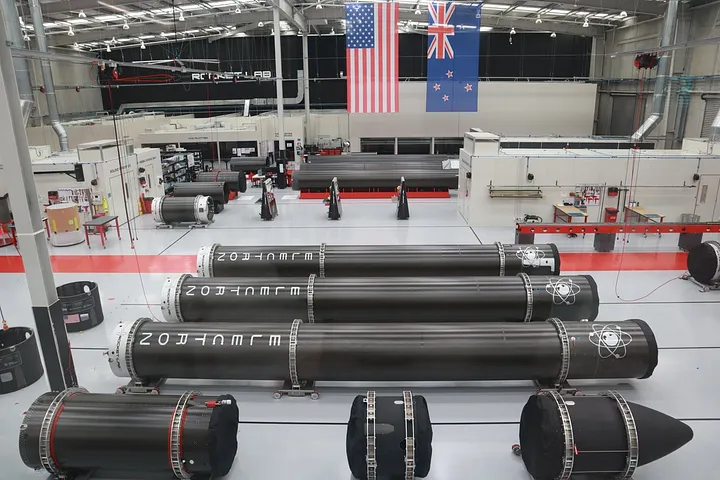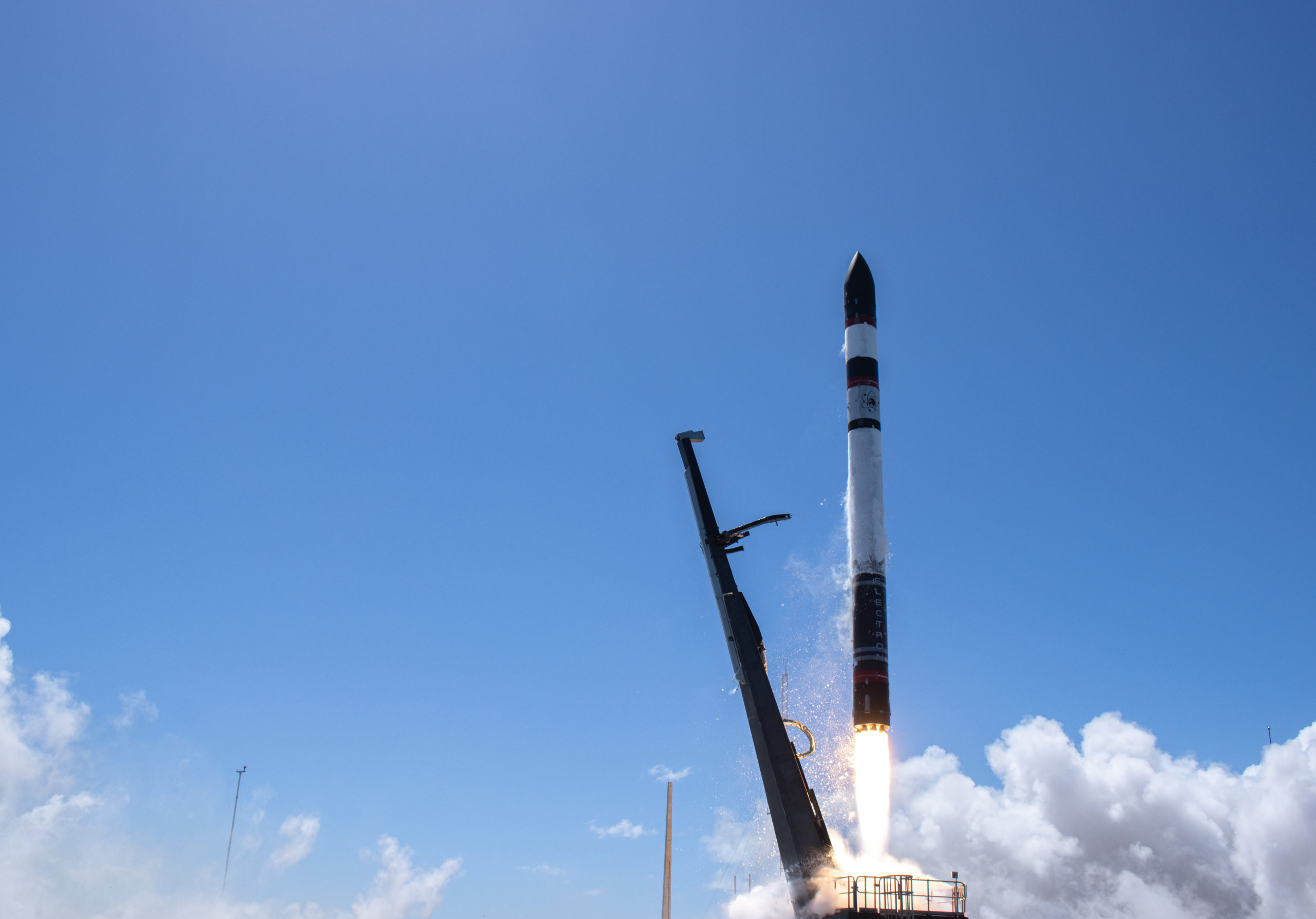You get one chance at life right? Might as well go big then, and hard to get much bigger than Rocket Lab. This extraordinary team has achieved a long list of accomplishments in a short period of time. Rocket puns aside (you were waiting), it has been a remarkable ride so far.
Pete Beck never wants the spotlight. So we’re happy to put it squarely on him today and that fact that Rocket Lab has announced its plans to go publicvia SPAC at an implied pro forma enterprise value of $4.1B. Rocket Lab is merging with special purpose acquisition company Vector Acquisition Corporation [NASDAQ: VACQ]. Pro forma cash balance of the combined company will be approximately $750M at closing, which includes up to $320M of cash held in Vector Acquisition Corporations’s trust account as well as approximately $470M PIPE from 37 investors including Vector Capital, BlackRock, Neuberger Berman and others.
Rocket Lab forecasts that is will generate EBITDA in 2023, positive cash flows in 2024 and more than $1B in revenue in 2026. The transaction is expected to close in Q2, 2021, upon which Rocket Lab will be publicly listed on the Nasdaq under the ticker “RKLB.”

Rocket Lab is one of only two US commercial companies delivering regular access to orbit, having successfully launched 16 missions and deployed 97 satellites for more than 20 public and private-sector organizations. The team also announced today a reusable Neutron launch vehicle with a 8-ton payload lift capacity tailored for mega constellations, deep space missions and human spaceflight. Launching in 2024, Neutron will be able to lift more than 90% of all satellites forecast to launch through 2029:
Introducing Neutron – our new 8-ton class reusable rocket tailored for mega constellations, deep space missions and human spaceflight. Learn more: https://t.co/dews8XwdAM pic.twitter.com/R9NqltSHTF
— Rocket Lab (@RocketLab) March 1, 2021
The team recovered their Electron rocket booster last November, setting the stage for making Electron a reusable launch vehicle. They have deployed their first in-house satellite platform (Photon) in orbit, and this month are scheduled to launch their next generation Photon in preparation for their CAPSTONE mission to the moon for NASA later this year. Oh and they are also going to Venus and Mars, with plans to launch the first private robotic Venusian mission in 2023.

All components of Rocket Lab technology are designed, manufactured, and launched in-house. The Company has been well out in front of the industry with its 3-D printing prowess for years despite not trumpeting the news. In just twelve hours, 3-D machines take a carbon composite tube and completes the marking, cutting, drilling, milling, and sanding on Electron’s carbon composite structures. Last April, Rocket Lab strengthened their satellite division by acquiring Sinclair Interplanetary, a leading provider of high-quality, flight proven satellite hardware.

There is seemingly little that Pete Beck and team cannot do. From their Auckland, Huntington Beach, Toronto, and Chatham Islands facilities, with launch sites in Mahia, New Zealand and Wallops, Virginia, the team continues to innovate and iterate on all aspects of their business. Pete’s vision is enormous and good thing because there is a lot of room for stuff in space.
“To much who has been given, much is to be expected.”
Expect more great things to come from Pete and Rocket Lab.
Recipients of this post are not to construe it as investment, legal, or tax advice, and it is not intended to provide the basis for any evaluation of an investment in any fund. Prospective investors should consult with their own legal, investment, tax, accounting, and other advisors to determine the potential benefits, burdens, and risks associated with making an investment in any fund.
